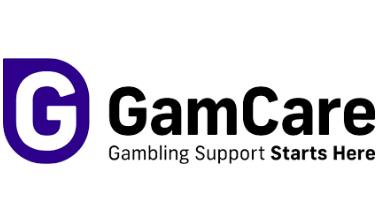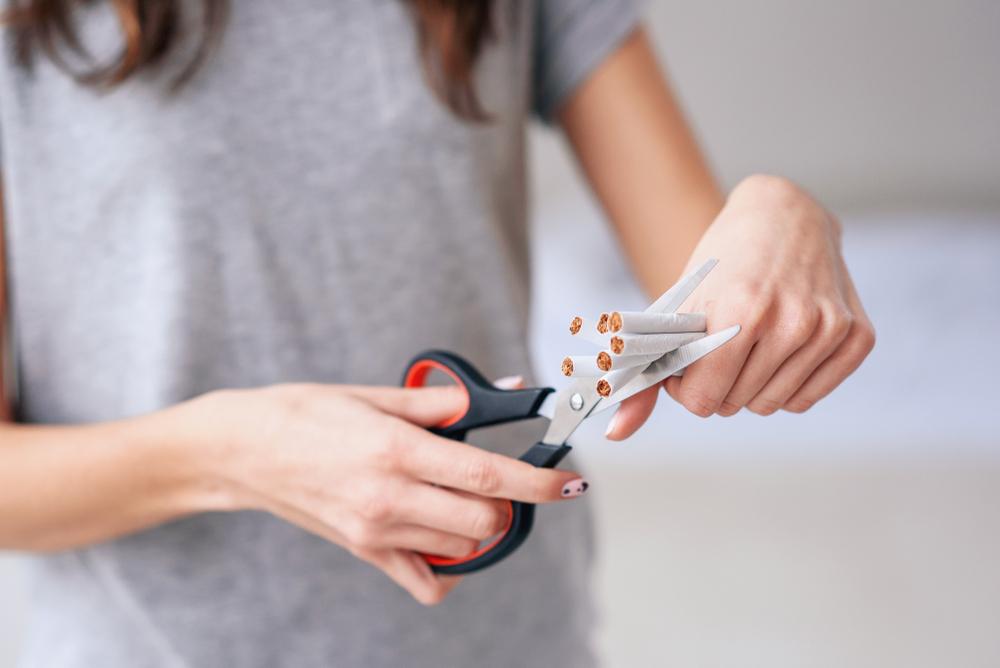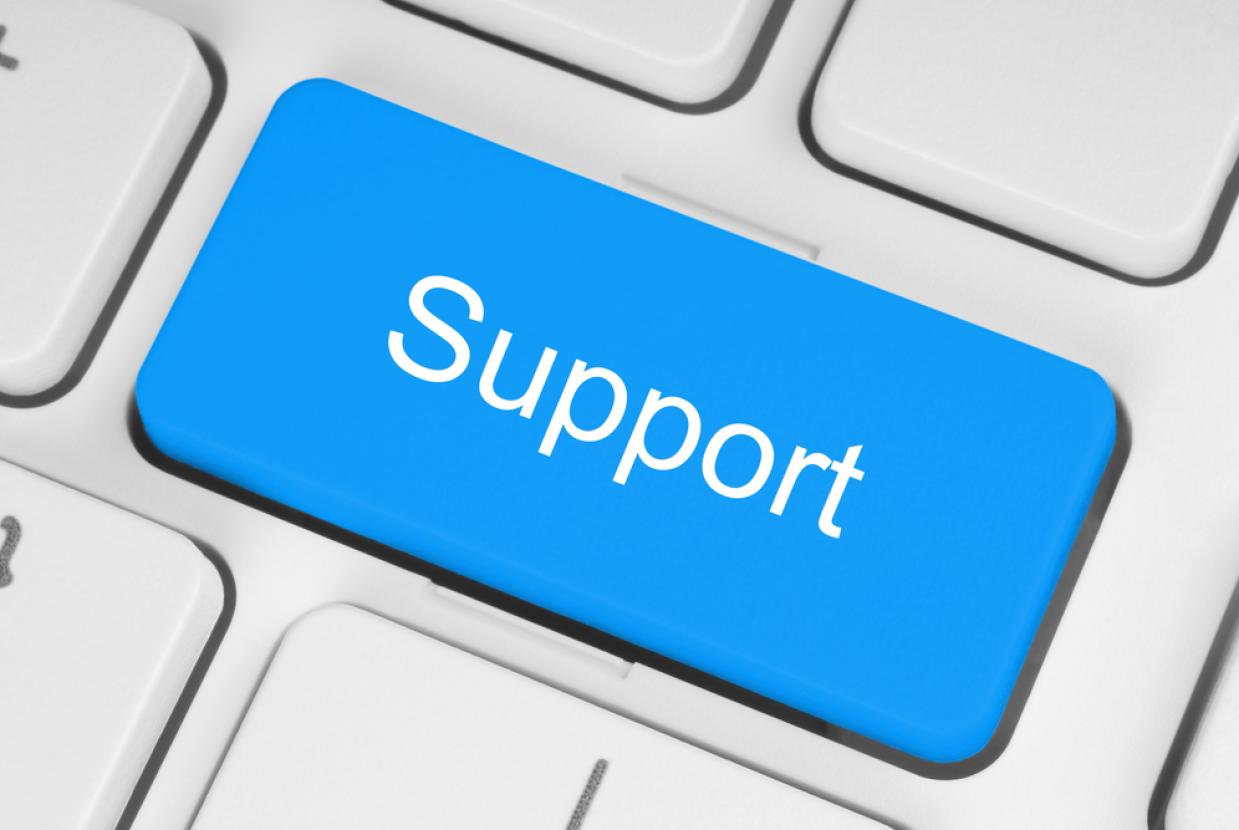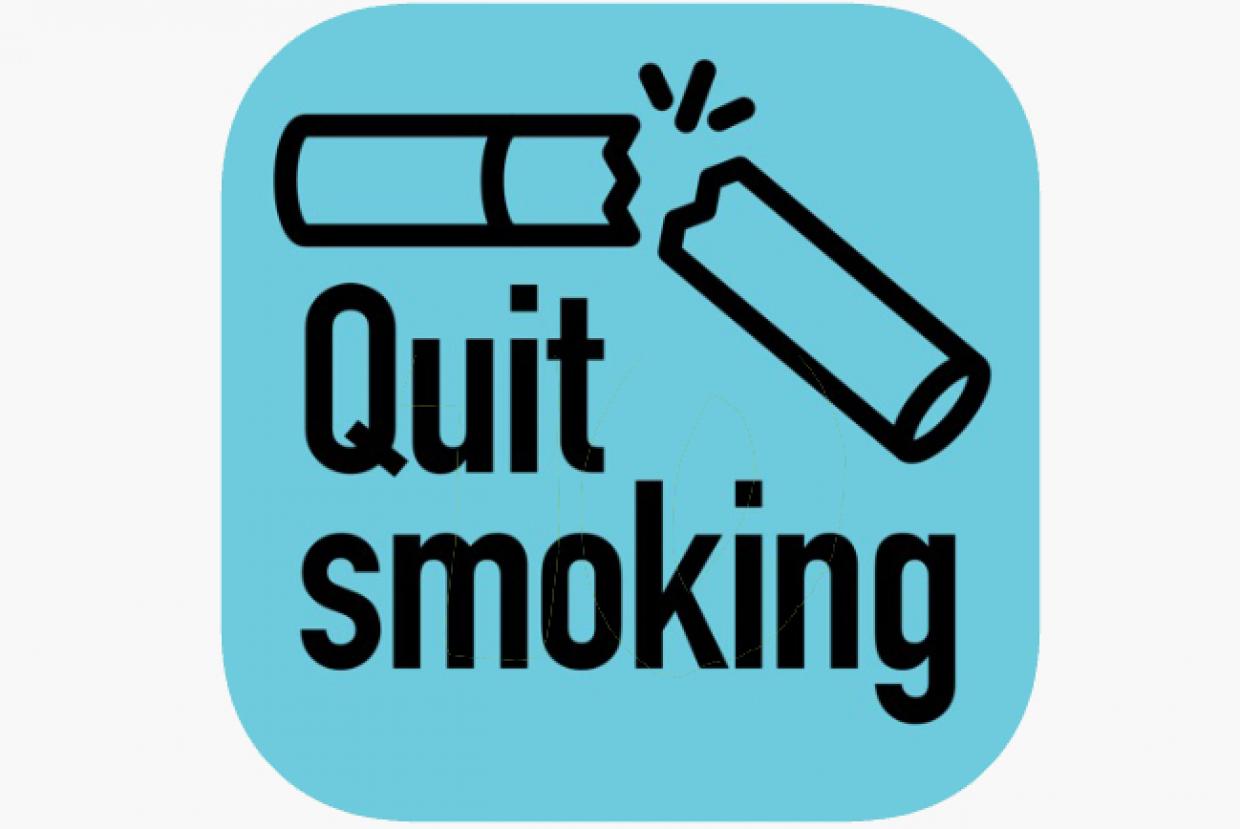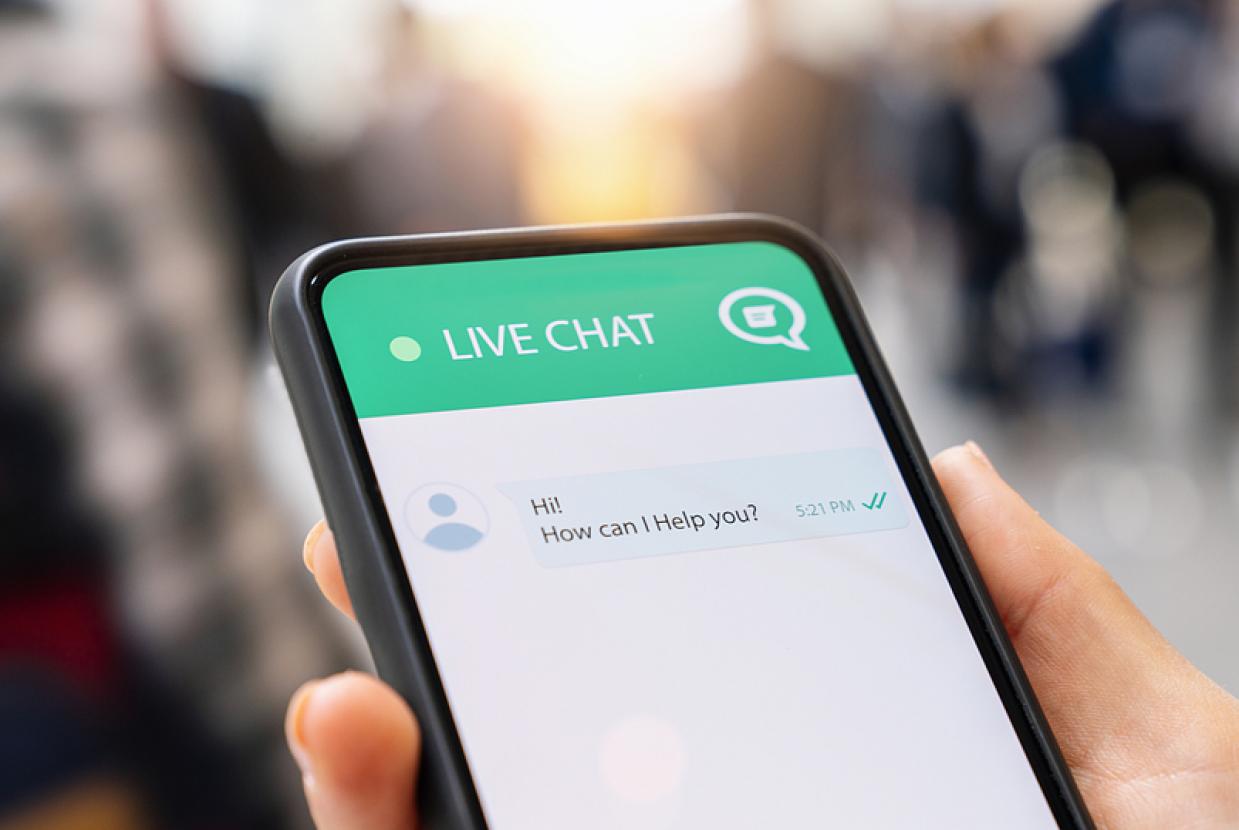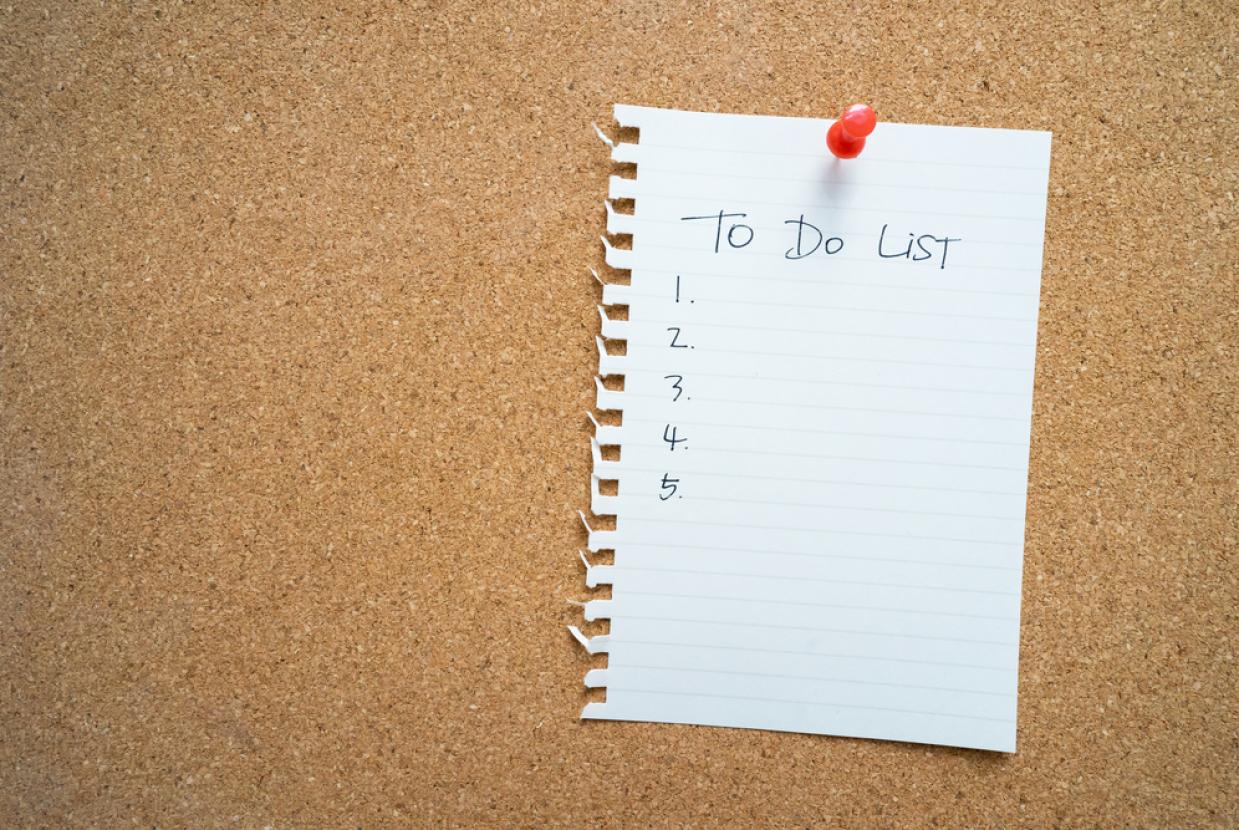Managing your money
Gambling can lead to financial problems. If you are facing financial difficulties because of your own or someone else’s gambling, getting your finances under control is an important step towards recovery.
Gambling should never be viewed as a way to make money or overcome financial difficulties. The longer you gamble, the more you will lose. Instead, there are practical steps you can take to get you through tougher times, and ways to protect your loved ones from financial harm too.
Below are a series of factsheets created by our Money Guidance Service team to help you manage your money. There is a wealth of information here, plus links to other organisations that can help. Click on any of the underlined links to access further support from GamCare or other agencies.
Please note: GamCare is not responsible for content on external websites. The information supplied may change. GamCare may occasionally update and grow these factsheets.
Factsheets:Tracking your spendingOne of the first steps to getting in control of your finances is to understand and track your spending. Here are our tips for keeping a closer eye on your outgoings.
Taking control of your gambling spendA complete break is usually the best way to take control of your gambling. Alternatively, there are tools to help you reduce your gambling. This factsheet explains the options available.
Generating additional incomeThis factsheet will help you to check if you are entitled to any additional benefits. You can also explore other ways to increase your income and access financial support.
Priority expensesAn overview of the essential expenses to consider within your budget. We also offer tips for getting help with some expenses – if you are behind with payments or struggling to afford the basics.
Managing other household expensesThis factsheet looks at further expenses to include when planning your budget. From costs associated with children and health, to entertainment and insurance, planning ahead can make them easier to manage.
Controlling your credit ratingIf gambling has caused financial problems for you or a loved one this can affect your credit scores. This factsheet explains how to take control of your credit situation.
Debt advice and supportDon’t ignore debt problems. This factsheet shares tips on dealing with debt and what to do if you have problems with loan sharks. It also explains where to find debt advice and support.
Protecting your loved oneYour gambling doesn’t just affect you; it can also have consequences for your friends and family. To help, we have compiled a list of things you and your family can do to keep their finances safe.
For family and friends: keeping your finances safeIf someone you know is gambling excessively or harmfully, this factsheet is for you. These are our tips for managing your own money and supporting the gambler in your life.
Does my bank block gambling transactions?Many banks offer gambling blocks or other tools to help you manage gambling spend. We’ve put together a blog that tells you everything you need to know about banking tools offered.
Money Guidance ServiceWhat does the Money Guidance Service do?Our Money Guidance Service offers one-to-one budgeting and financial support for people who experience gambling harms. Our Money Guidance Specialists offer tailored one to one money guidance support via the telephone or Zoom and they can assist with a range of financial matters including:
- Putting together a budget
- Understanding spending priorities
- Understanding spending behaviours
- Setting financial goals
- Putting things in place to protect finances
The service is available to anyone living in England, Wales or Scotland. It can help anyone affected by either own or someone else’s gambling.
How to access support from the Money Guidance ServiceReferrals are made via the National Gambling Helpline and our Gambling Support Practitioners. To find out more about getting support from a Money Guidance Specialist, contact the National Gambling Helpline on 0808 8020 133 or speak to our Gambling Support Practitioners and ask if you can be assessed for a referral into the service.
Please note – The Money Guidance Service cannot provide debt advice. However, we do have referral pathways with some free debt advice providers and can refer anyone needing specialist debt advice to one of these if they require it.
Need to talk?You can speak with our Advisers one-to-one over the phone 0808 80 20 133 or on live chat 24 hours a day, every day of the year.



